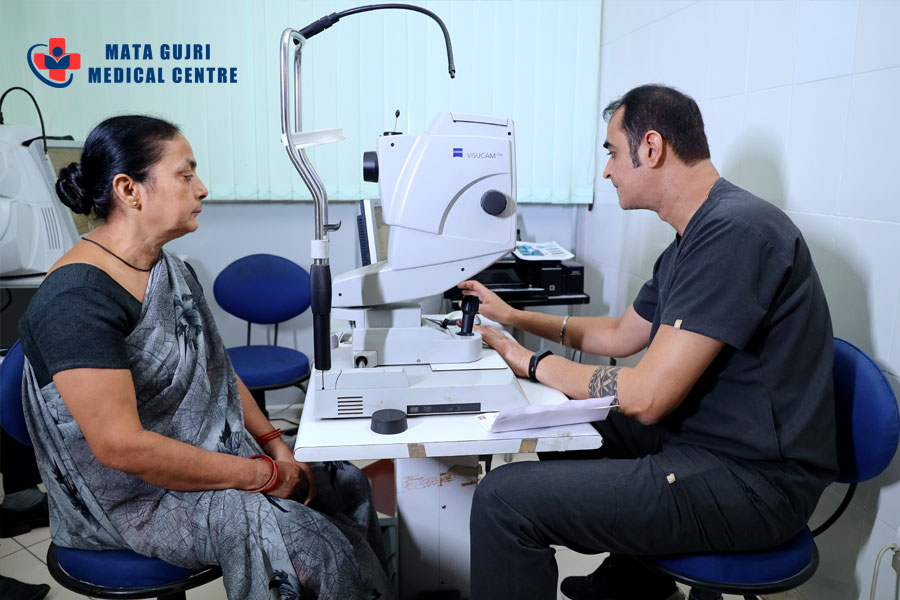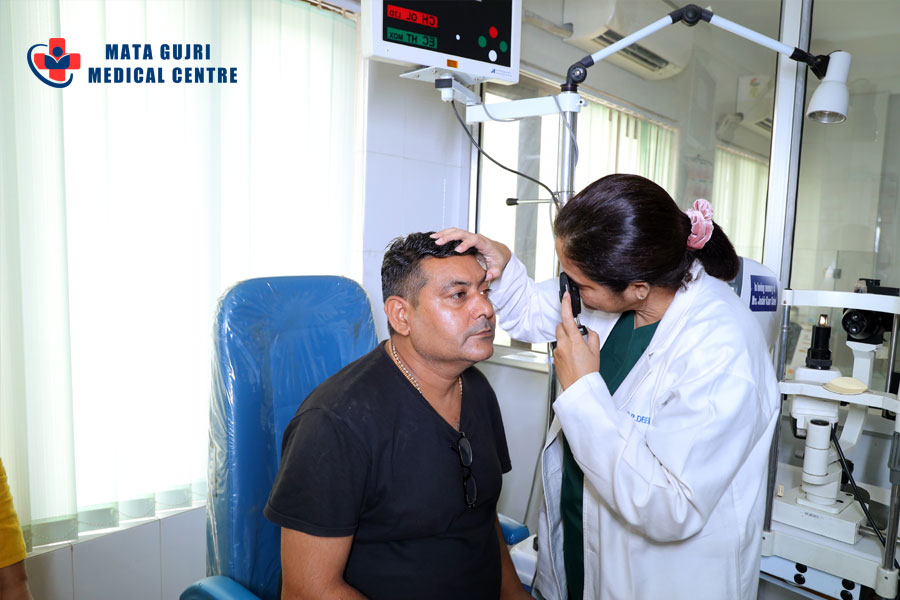Subtotal $0.00
- Home
- About
- Departments
- Cardiology Department
- Dental Department
- ENT Department
- Gynecology Department
- Homeopathic Department
- Ophthalmology Department
- Orthopedic Department
- Pathology Lab
- Pediatrics Department
- Physiotherapy
- Radiology Department
- General Check Up
- General Medicine
- Skin (Dermatology) Department
- Surgical Department
- Chiropractor
- Nephrology & Dialysis
- Psychiatry Department
- Urology Department
- Fitness Centre
- Doctors
- CSR / Donations
- Contact
- Lab Report
- Registration
Shopping cart
Contact Us




